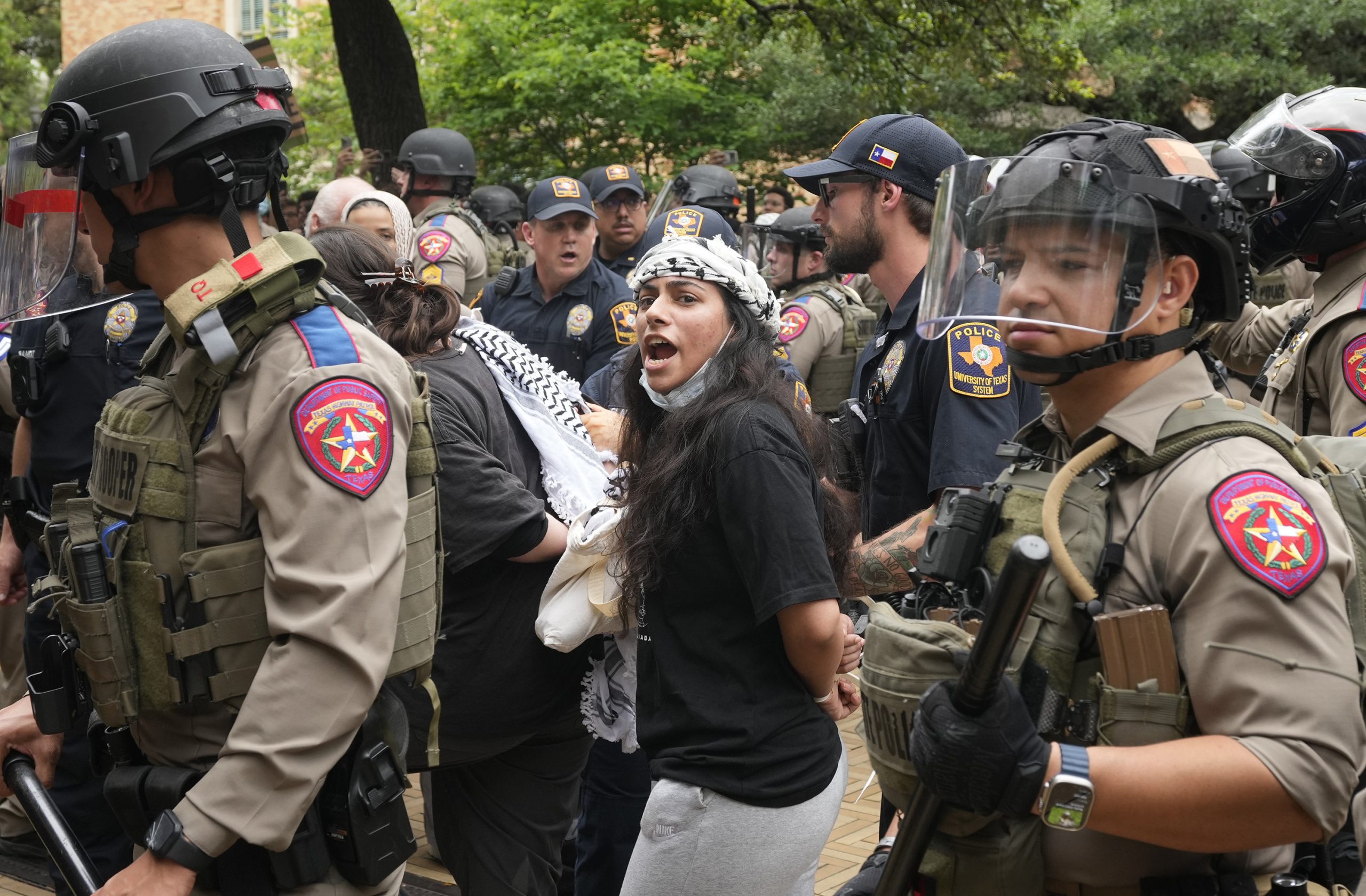In a bold and surprising move, Texas is putting the National Guard on standby ahead of expected protests, while Georgia is warning demonstrators they could face domestic terrorism charges if things get out of hand. These actions show how serious and tense the situation has become across parts of the southern U.S.
Officials in both states say they are trying to prevent chaos and protect public safety. But many activists and human rights advocates are worried that these measures might silence voices and criminalize peaceful protest.
Why Texas Is Calling in the National Guard
In Texas, the government has asked the National Guard to be ready, although they haven’t yet been deployed. The decision comes after rising tensions surrounding planned protests related to social justice issues and recent court rulings.
Governor Greg Abbott’s office said the move is all about being “prepared for any situation,” especially if the protests turn violent. However, critics fear this shows a lack of trust in peaceful demonstrators and could escalate tensions even more.
Georgia’s Hard Warning: Domestic Terror Charges?
Georgia, meanwhile, is taking an even tougher tone. Officials there have warned that anyone caught committing violence or destruction during protests could be charged with domestic terrorism — a very serious offense that could lead to long prison sentences.
This warning comes as Atlanta and other cities gear up for large gatherings of protesters who are demanding changes in law enforcement and justice systems.
Georgia authorities say they won’t tolerate any form of destruction. But civil rights groups argue the use of terrorism laws against protesters could be misused to silence dissent, especially when freedom of speech is involved.

Public Reaction Is Mixed
Across social media and in communities, people have had mixed reactions. Some say strong measures are needed to keep peace. Others worry these tactics are too harsh and could stop people from speaking out.
One protester in Atlanta told local reporters:
What This Means for the Country
This situation reflects a growing divide in how different states respond to public protests. While free speech is protected by the Constitution, some governments are taking a more aggressive approach, especially when public anger grows fast.
Experts say what’s happening in Texas and Georgia could set new precedents for protest laws across the nation. It also brings up important questions about how to balance public safety and personal freedoms.
Final Words
As protest movements continue to grow, how leaders respond really matters. While safety is important, so is the right to speak up. The decisions made now in Texas and Georgia could shape how future protests are handled across America.

